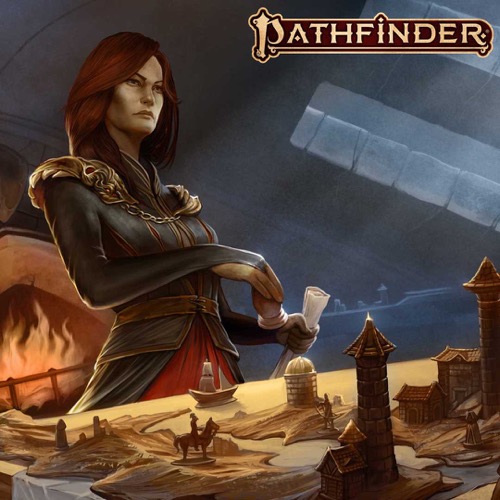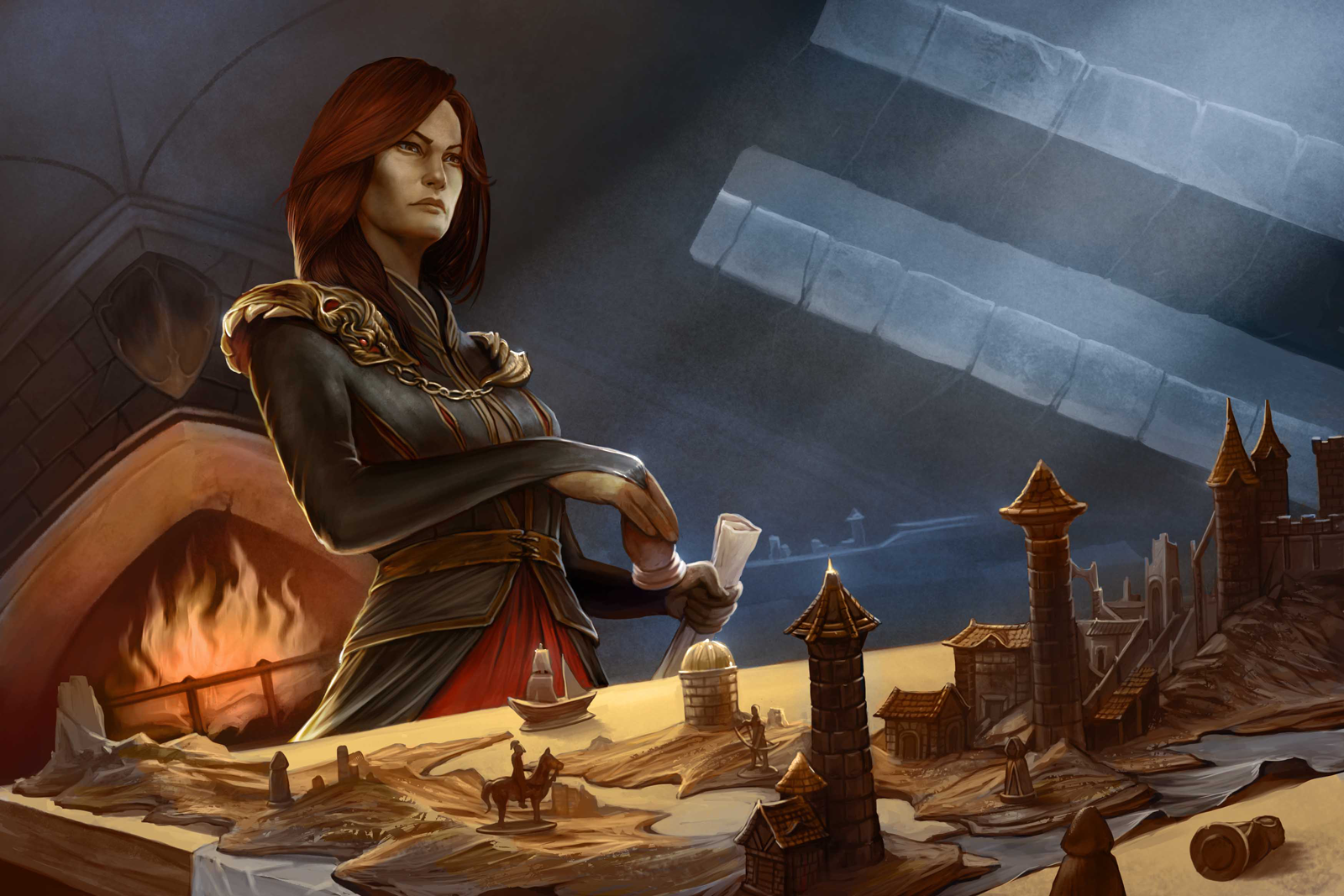With the end of summer comes a new Pathfinder Playtest!
Immediately after Gen Con, we’ll be releasing a playtest with two new classes for you to build characters with, play at your tables, and share feedback on. The playtest will run from September 20th to October 26th.
We wanted to share the news a bit ahead of time so you can assemble your groups and plan some games. If you’re a member of our organized play community, you can earn credit for a Pathfinder Society character at the same time that you playtest one of the new classes, using the normal Pathfinder Society rules for class playtests
Are you interested in helping test and shape the newest Pathfinder classes, but you need help finding a group or game? The Paizo Events Discord server, where our Gen Con Online events will be taking place, will have a channel for you to look for other gamers to playtest with. You can also check out warhorn.net or our VTT partners (Roll20, Fantasy Grounds, or Astral) for games. If you need a pre-made adventure, try playing a Pathfinder Society scenario or one or more Pathfinder Bounties!
Tune in to our Gen Con 2021 streams for more information on the new classes (and the book they’ll be appearing in), and be the first to play them right after the convention! We hope to see you there!
James Case
Designer
Save the Date for a New Pathfinder Class Playtest!
Monday, August 23, 2021






